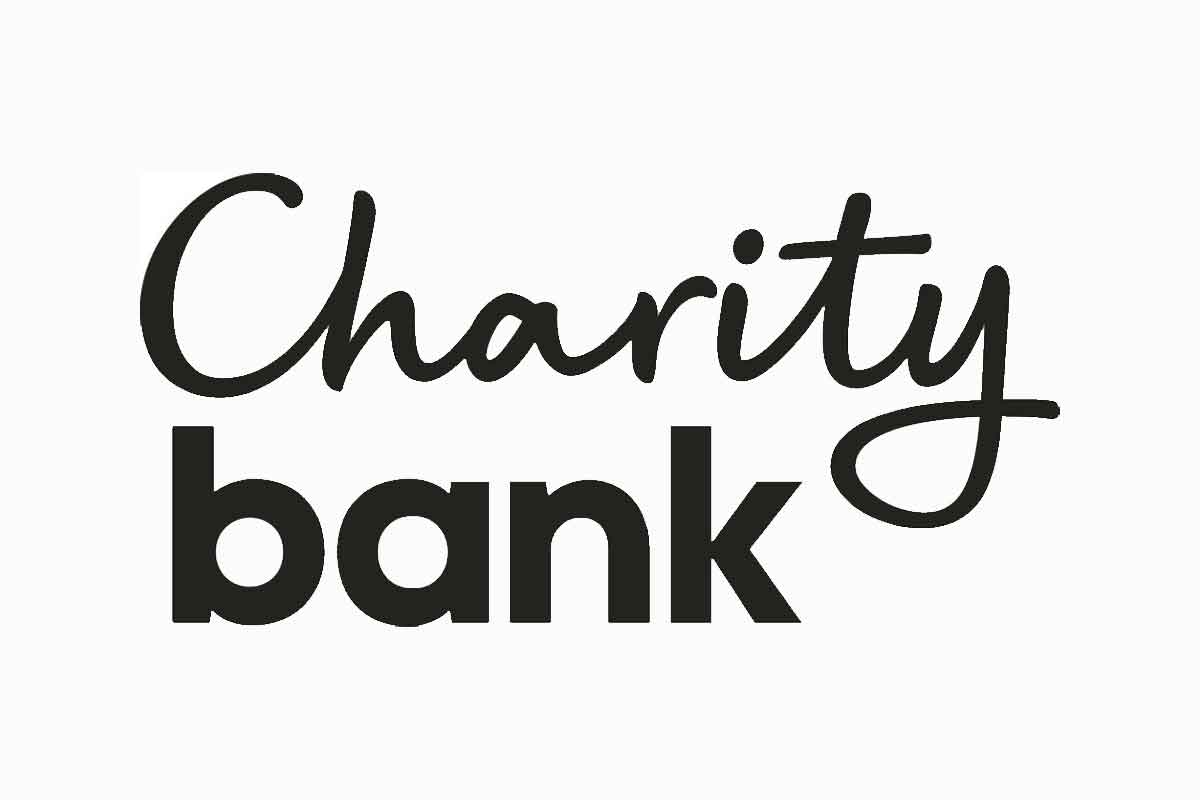Despite the name, Charity Bank is not a current account for non-profit organisations. In fact, this bank does not offer current accounts to businesses.
However, if you choose to save with one of the five savings accounts offered by Charity Bank, you will be doing good as well as earning interest – your money will be used to make donations and offer loans to charities across the UK, but FSCS protection ensures that you cannot be left out of pocket.
Featured pro tools
Being blunt, you may find slightly superior interest rates elsewhere, but some sole traders and SME owners will firmly believe that you cannot put a price on a good deed.
Charity Bank business banking services
- Pros and cons
- Business current accounts
- Business overdrafts
- Business savings accounts
- Charity Bank at a glance
- Other business finance products
- Charity Bank reviews
- Charity Bank business eligibility criteria
- Charity Bank business finance alternatives
- Charity Bank other considerations
- FAQ
Pros and cons of Charity Bank for business services
| Pros of Charity Bank | Cons of Charity Bank |
|---|---|
| ✓ Support charity while earning interest on savings | ✗ No current accounts |
| ✓ Variety of savings accounts offered | ✗ Very few online reviews |
| ✓ FSCS protected | ✗ No apps or online banking facility |

Business current accounts
✗ Charity Bank is a savings service and does not offer current accounts. See best business bank accounts.
Business overdrafts
✗ Not available through Charity Bank. See best business overdrafts.
Business savings accounts
Charity Bank offers five savings accounts to business customers:
- Ethical Easy Access Account
- Ethical 40 Day Notice Account
- Ethical 100 Day Notice Account
- Ethical 1 Year Fixed Rate Account
- Ethical 3 Year Fixed Rate Account
These savings accounts cannot be managed online. Deposits and withdrawals are made by BACS transfer. You will need to call Charity Bank to receive permission to add funds to a savings pot, and make any withdrawal request in writing.
Ethical Easy Access Account
Save between £10,000 and £500,000 that can be accessed at any time, though bear in mind that the lack of internet banking means it will take at least a day or two to receive your funds. The interest rate is an AER of 3.12%. Interest is calculated daily and added to your account quarterly in March, June, September and December and on closure of your account.
Ethical 40 Day Notice Account
Minimum deposit of £1,000, and a maximum balance of £500,000. If your balance is below £25,000, the AER is 3.01% – this rises to 3.16% for higher balances. You can access your funds with 40 days’ notice.
Ethical 100 Day Notice Account
Minimum deposit of £1,000, and a maximum balance of £500,000. If your balance is below £25,000, the AER is 3.04% – this rises to 3.19% for higher balances. You can access your funds with 100 days’ notice.
Ethical 1 Year Fixed Rate Account
Save between £10,000 and £500,000 and enjoy an AER of 3.36%, payable upon maturation of the savings bond. You cannot withdraw from or close this account early, or add more funds once the account is active.
Ethical 3 Year Fixed Rate Account
Save between £10,000 and £500,000 and enjoy an AER of 3.36%, payable upon maturation of the savings bond. You cannot withdraw from or close this account early, or add more funds once the account is active.
Charity Bank at a glance
| Phone number | 01732 441944 |
| App downloads | N/A |
| Website | www.charitybank.org |
| Number of branches | N/A |
| FSCS protected? | Yes |
| Founded | 2001 |
Other business finance products
Charity Bank uses the money saved by business customers to offer loans to good causes, but you will need to be a registered non-profit to qualify for these lending streams.
Charity Bank reviews
What are other business banking customers saying about Charity Bank?
| Review platform | Score | Number of votes |
|---|---|---|
| TrustPilot | 3.9/5 | 3 |
| Feefo | Not reviewed | N/A |
| Reviews.co.uk | Not reviewed | N/A |
| Smart Money People | 4/5 | 4 |
| Which? | Not reviewed | N/A |
| Average score | 3.95/5 | 7 |
Charity Bank business eligibility criteria
Charity Bank will only accept savings applications from UK-based SMEs and sole traders who can prove that they pay tax to HMRC. You will likely also be asked some questions about your business model to ensure that your trading practices do not violate the ethical policies of Charity Bank. This is not an institution that can tolerate any kind of negative PR.
Charity Bank business finance alternatives
The unique approach of Charity Bank makes it pretty unique – very few financial institutions place more emphasis on making the world a better place than profit!
Charity Bank other considerations
If you are worried that your money is not safe with Charity Bank, don’t be – all deposits are protected by the FSCS, and this bank attracts major investments from a number of prominent and wealthy bodies, most recently the Church of England, who made a £1,100,000 donation in early 2023.
FAQ
Yes, Charity Bank is a proper bank. It is regulated by the Financial Conduct Authority (FCA) and the Prudential Regulation Authority (PRA). As with all banks, it must follow certain regulations and abide by ethical standards. Charity Bank has been providing financial services to charities since 2002.
Opening a business account with Charity Bank is easy. First, you’ll need to provide two forms of identification (such as a passport or driving license) and proof of address. You must also be able to prove that the charity exists and has charitable objectives. Once these documents have been provided, the next step is to complete an online application form, which will be reviewed by an account manager. The application process usually takes around two to three weeks. Once the application is approved, you’ll receive a welcome pack and your business account will be opened.
Charity Bank offers a wide range of banking services for charities, including savings accounts, international payments, money transfers, overdrafts, and foreign exchange services. In addition, the bank also offers a range of financial advice and guidance on how to effectively manage your charity’s finances. The bank’s experienced staff are always on hand to help with any queries or questions.
Charity Bank does not charge any fees for its services. It does, however, charge a low interest rate on loans and other forms of credit. This helps to ensure that charities can access the funds they need without incurring excessive costs.

